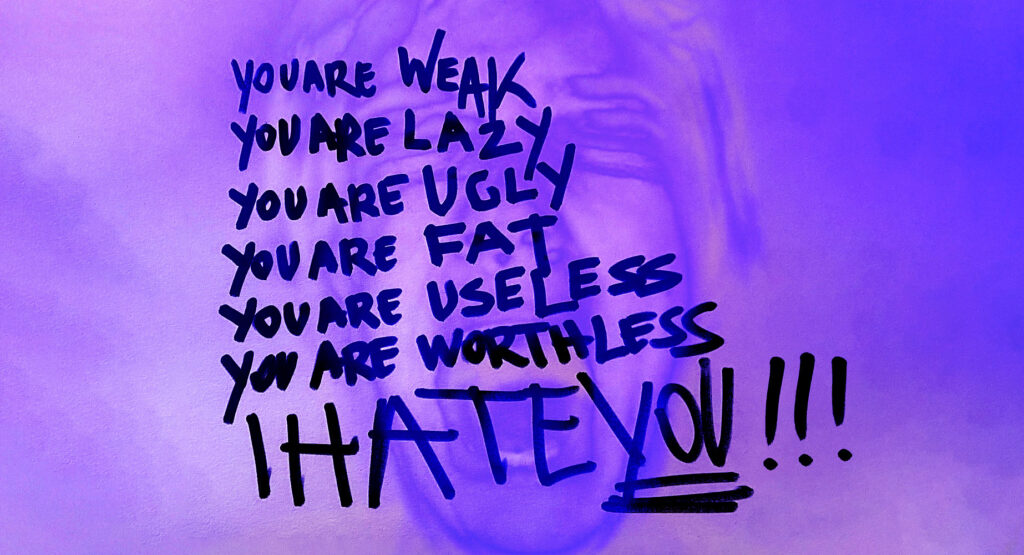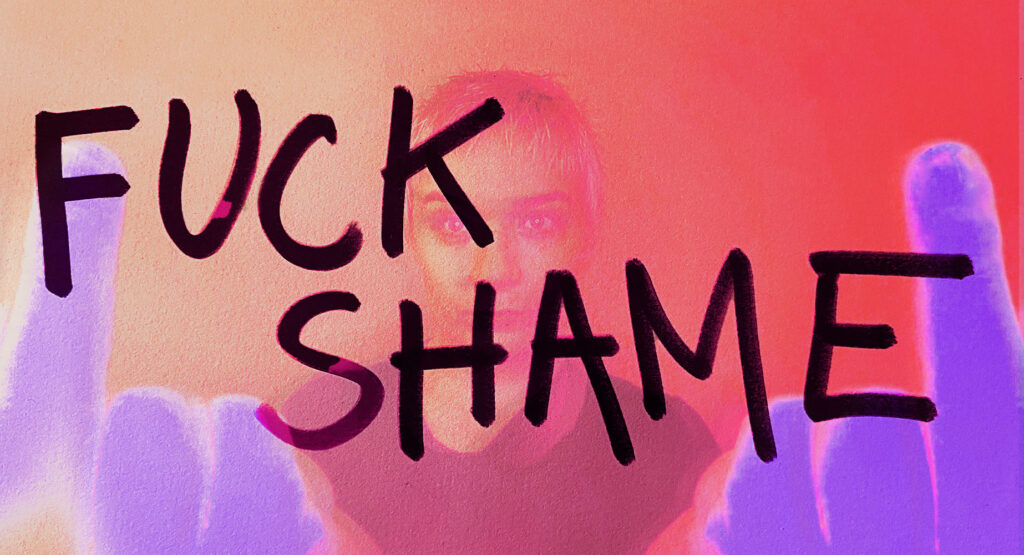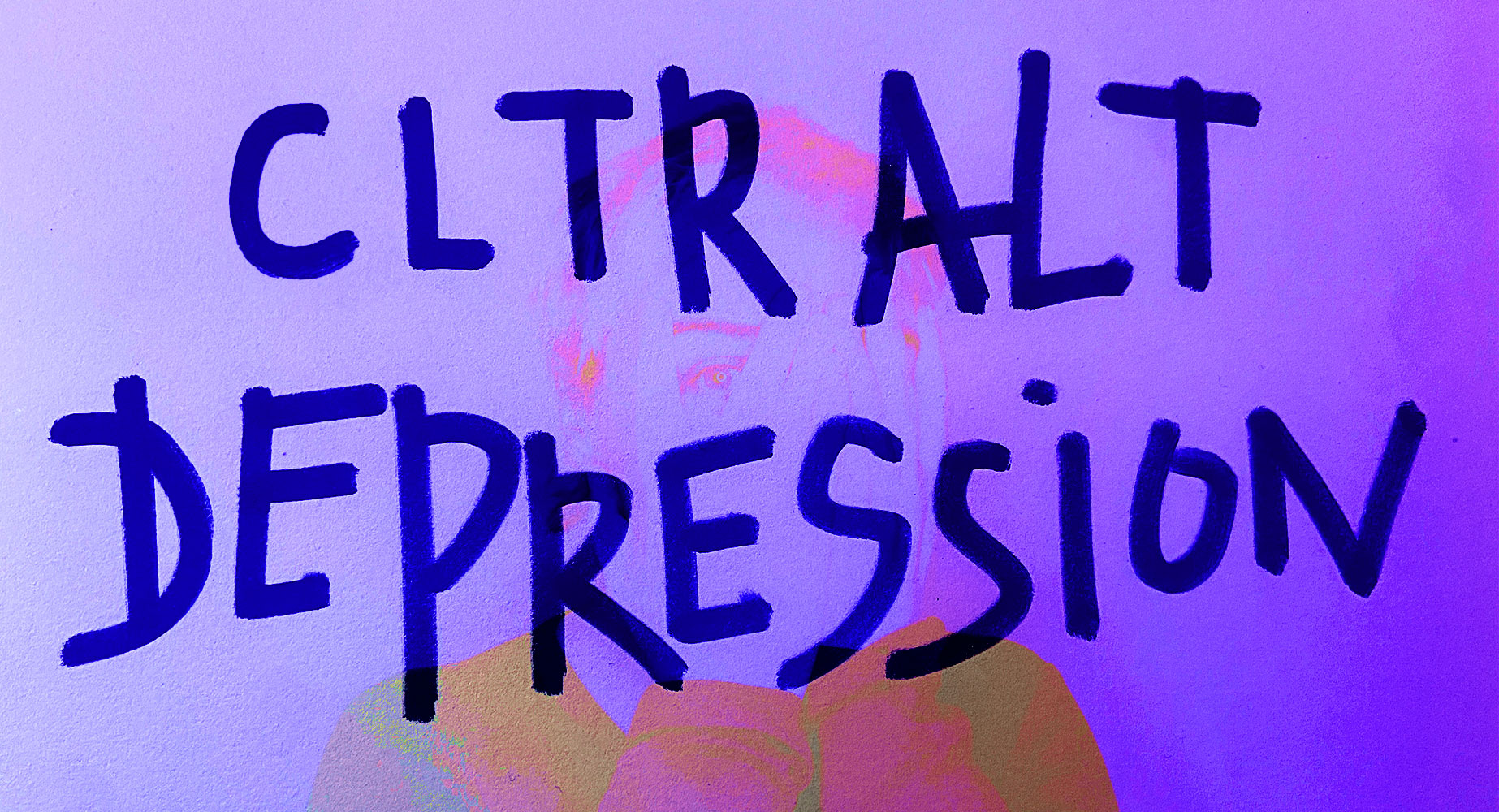Content Warning: This article includes my personal experiences with depression and mentions of suicide. Please take care of yourself and read with caution if these topics are sensitive for you.
It is 2020 I am living the dream in Montreal… My career is flourishing! I have just become the Lead Designer at one of Canada’s most exciting AI startups and I am a public speaker. My personal life is stable, with a five-year relationship going strong, and self-care is a checkbox I regularly tick. I’m in “control” of my life, an adult who can handle everything. Yet beneath this veneer of success, of the bright days, and a painted-on smile, dark clouds started to gather. A storm of reality was approaching at a pace I believed I could outrun or avoid.

Running on Empty; February 2021
I took sleep for granted until it started playing hard to get. Initially, it was just tough mornings, but the struggle didn’t end there. At night, I found myself tossing and turning, staring at the ceiling. I was ghosted by sleep itself and let me tell you it showed on my face, my body and my brain.
In the tech world, if you’re not productive or creative, you’re out of the game. Suddenly, I was losing big time. Work felt like climbing a mountain while walking backward. I was struggling, while for everyone else work seemed like a breeze. What did I do? I worked even harder! Self-care slipped away, and I became distant from friends and family. I felt like a bad friend. I was ashamed of being a bad friend but I had to work and I had to «keep my edge».
My brain yelled at me, “YOU ARE NOT ENOUGH, YOU HAVE TO DO MORE”. I went all in. I refused to back down, not even an inch. Teetering on the edge, tears always at the ready, I stubbornly fought an invisible force. I was determined to show my brain and everyone at work that I was stronger than the fatigue and the looming storm.
But in this relentless battle, as the tsunami approached ever closer, I eventually broke and crumbled. In a routine meeting, my manager paused and looked right at me. “Maybe take some time off?” he suggested. I laughed it off (breaks are for the weak and quitters, right?). The doctor didn’t laugh. The doctor’s diagnosis was unambiguous: Burnout, with a prescription for 3 months leave.
I was almost happy… Having burnout was cool, it’s THE badge of honor of the ambitious. “I worked so hard,” I’d boasted, “they had to force me to take a break”. Yet, the badge I wrongly thought was a good thing wasn’t something to be proud of. It was a clear sign of the tough times I was going through. Burnout isn’t something to brag about; it meant I was really tired, my brain was overworked, and I was emotionally drained.
But I’m Manon, right? I was not really “exhausted”. My manager and doctor were probably overreacting. I had a plan. In three months, I would be back.
First, “I must take care of myself”. I was going to start waking up at 7 am instead of 5:30 am, which was already much better. I planned to meditate both in the morning and evening. I was even going to try meditating with a monk in Tibet through an Airbnb experience. He was my prescription for getting better. I was getting into Stoicism and listening to podcasts about burnout, scrolling through Instagram posts for tips on how to cope. Second, “I must be productive”. These three months were free time. I intended to read and had bought plenty of books. Third, “I must do something about what’s happening to me”. I needed to write articles about burnout.
But here’s the truth. It was not working at all. My plan could not be further from reality. I did not meditate. I did not read, I did not write. I was a mess. Burnout isn’t about being tired; it’s a total shutdown, a beast. My mind was drowning, every thought desperately gasping for a breath of clarity.
D, The Label I Couldn’t Wear
Looking back, I tried to manage my burnout as if it were a simple, short-term side hustle. And the hole I was in? Honestly, it was even deeper than you’d imagine. It took three months of ‘rest’, therapy sessions, and numerous encounters with a ruthless insurance system to face the truth; It was not just burnout; it was severe depression.
And let me tell you, the stigma hit hard. Depression was a label I couldn’t wear; it was wrapped in shame and misconceptions. I read the doctor’s words over and over. I felt ashamed; burnout is acceptable, but not depression. I was scared. What if I stayed like this forever? At that moment, I felt like a loser.
Yet, if we look around, depression is a silent epidemic — common, but concealed. Globally, depression doesn’t play favorites, affecting over 280 million people1. Nearly 5% of adults worldwide face this challenge, with a startling 76% to 85% in lower-income areas2 lacking any treatment—no therapy, no pills, nothing. Moreover, women seem to bear a heavier burden3, experiencing depression nearly twice as much as men.
And what about my feelings? They were wrapped up in clichés. But let’s be clear: depression isn’t about lacking willpower or being under some perpetual rain cloud. And these clichés? They’re pervasive, spreading falsehoods. It is shameful to be depressed. If we’re depressed, we’re weak. If we’re depressed, we’ve failed.
Dear reader, today I have a message for all of us: fuck the clichés, and fuck the shame.

What we know is that depression is a disease (unlike burnout) and it is complex. It can be linked to genetics and biology, but it can also be triggered by events, environment, and lifestyle habits. Most people have a rough idea of what depression looks like on the outside: a lack of emotions, motivation, and energy. But what happens inside a person experiencing depression? Today, we understand there are clear differences between a healthy brain and a depressed brain, and this is known as the neurobiology of depression4.
Science provides a clearer understanding, comparing the brain to a bustling city, with interconnected pathways where ideas light up neighborhoods and happy moments create pathways to memories. Depression dims those city lights and slows its pace to a near stop. During depression, serotonin, a crucial neurotransmitter and a key element affecting mood, appetite, memory, sleep, and social connections, gets disrupted, throwing everything off balance. This isn’t just a bad day; it’s a brain undergoing a crisis.
In June 2021, things worsened when my then-boyfriend left. He wanted to seek someone “normal,” leaving me more isolated than ever. The pain was everywhere, especially in my chest — it felt like a red screw was driven into it, making breathing difficult. I started to think that ending it all might be the answer. The pain was so intense, that I just wanted to vanish. Then, during a session with my therapist, I let everything out. I cried like never before. I hit rock bottom, and it was overwhelming. But when she touched my shoulder and said, “I’m here,” something shifted in my mind. My suffering was real and acknowledged. It became my cue to tear everything down and start rebuilding from scratch. Life hit me with a wake-up call, saying, “Hey, you’ve got some serious stuff to sort out”. It was not just about my job; it was deeper and more personal, and it was not going to resolve itself overnight. “You have to take the time, for real now, Manon. You can’t outrun or avoid, you must confront, you have to dig deep, and you need change for your own sake… You hate yourself and you can’t live like this anymore”.
Everything needs to fall apart to start anew. That’s where real healing begins.
Can’t wait to share Part 2 – Breaking Free!
Anyone might need help in a difficult life situation.
As Manon, I stand before you not to focus on the sorrow, but to highlight a truth many individuals silently endure with depression, and to remind everyone: You are never alone. Seeking help in challenging times is a sign of strength, not weakness. It’s okay to reach out for support when life feels overwhelming. No one should have to face their struggles alone.
MIELI Mental Health Finland: Crisis Helpline (09 2525 0116)
Canada Mental Health Helpline: For immediate crisis or thoughts of suicide, you can call or text the 9-8-8 Suicide Crisis Helpline, available 24/7.
USA Mental Health Helpline: For crises, the 988 Suicide & Crisis Lifeline can be reached by calling or texting 988.
To find a Helpline in your country (worldwide):https://findahelpline.com/i/iasp
Sources
Global Prevalence: Approximately 280 million people worldwide are affected by depression, constituting about 3.8% of the global population. This information comes from the World Health Organization’s report in 2023, confirming the widespread nature of this mental health condition
https://www.who.int/news-room/fact-sheets/detail/depression
Treatment Gap in Lower-income Areas: A significant concern remains the lack of treatment in lower-income areas. Over 75% of people in these regions do not receive treatment for mental disorders, including depression. This lack of access to care exacerbates the challenges posed by depression
https://www.who.int/news-room/fact-sheets/detail/depression
Gender Disparity: Women are more likely to be affected by depression than men. This aligns with the estimate that 1 in 3 women and 1 in 5 men will experience major depression in their lives, as reported by Our World in Data in 2023
https://www.who.int/news-room/fact-sheets/detail/depression
Neurobiology of Depression: as explored by Yale Medicine, delves into the brain’s complex workings during depressive states. This research highlights the intricate interplay of genetic, environmental, and biological factors in depression, offering insights into how these elements collectively impact brain function and mood
https://www.yalemedicine.org/news/neurobiology-depression
My name is Manon, I am a Design Director in a Mental Health Tech startup, speaker, and mentor.
I went through a major depression in 2021. I was off work for 11 months.
Enthusiastic about impossible challenges, I’ve shared my dubiously humorous story with people in 6 countries at Nantes Devfest, IxDA Lausanne, Devoxx Paris and London, and at the UXDX community event. I’ll keep going for as long as it takes to put health first and reclaim our well-being. Born in France, raised as a citizen of the world, my purpose is to heal by Design.
Are you looking for a keynote speaker for your next company event or conference?
I speak about the topics like:
❤️🩹 Mental Health in the workplace
📱 UX design for Mental Health
🫂 Compassionate Leadership

